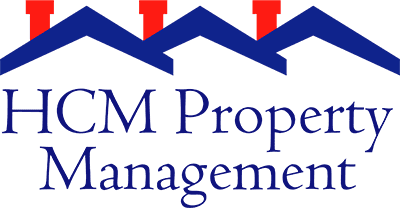Here are some of the most important deductions you could benefit from:
1. Interest on Your Rental-Related Loans.
It’s important to make the distinction between principal and interest. You cannot deduct the amount of the loan (the principal), but you can deduct the interest on the loan that you pay in any given year.
Typically, as a rental owner, you’ll have some of these deductible interest expenses:
Interest on loans to buy your rental property (look for the Form 1098 from your lender each year).
Interest on loans to refinance your rental property (ditto: Form 1098).
Credit card interest for goods and services bought for the rental property.
And don’t forget about personal loans for things related to the rental property.
2. Travel Expenses.
If you have any travel expenses related to your rental property, such as transportation, lodging, and meals, they’re fully deductible. Also, if you use your personal vehicle in your rental property business, you can use one of two methods to deduct your related expenses: use the standard mileage rate or actual expenses.
3. Repairs & Maintenance.
A repair is any work that puts the property back in its original condition. Reasonable and necessary repair costs for your rental property are tax deductible. Maintenance does not always involve fixing something that’s broken, but it gets to the idea of keeping the property in its original condition, and in the long run a regular maintenance program could save you on emergency repair costs. Maintenance expenses that are deductible include:
- Landscaping
- Light bulbs, smoke detector batteries, HVAC filters, etc.
- Pest control
- Cleaning supplies
4. Depreciation.
Depreciation is a process through which you deduct long-term assets (assets you hold for more than one year) over many years. Long-term assets include rental buildings. Land is not included. Tangible personal property that lasts for more than one year, such as carpeting and kitchen appliances, can also be depreciated. Because depreciation can be very complicated, it’s best to discuss it with your accountant.
5. Insurance.
Insurance premiums, including those for landlord liability, theft, fire, and flood, are tax deductible.
6. Taxes.
Real estate taxes, property taxes, and state, county and local sales taxes are deductible.
7. Home Office & Office Supplies.
Many landlords don’t take advantage of the home office deduction, because quite frankly, it’s a bit of a pain AND the IRS tends to closely scrutinize this one. However, if you use an area of your home exclusively for your rental business, it might be exploring with your accountant. In addition to deducting for your home office, you can also deduct for office supplies used in carrying out your rental business. Deductible office supplies include writing implements, paper, notepads, printer ink, envelopes, and stamps.
8. Utilities.
If you pay any utilities for your rental property, you can deduct them. These include:
- TV/Cable/Internet
- Electricity
- Gas
- Garbage/Recycling
- Water & Sewer
9. Professional Services.
If you need to hire a lawyer, accountant, or other professional, that cost is deductible and considered part of your operating expenses. Often, DIY landlords hire lawyers to handle tenant evictions (link to evictions article), or they’ll decide not to landlord themselves anymore and hire a property management company.
10. Advertising.
Any money you spend on advertising your property for rent is deductible, whether it’s online, print, or radio.





0 Comments